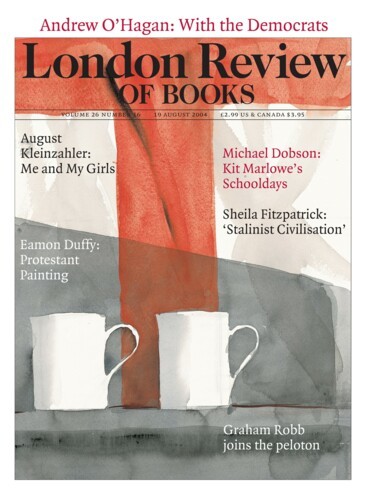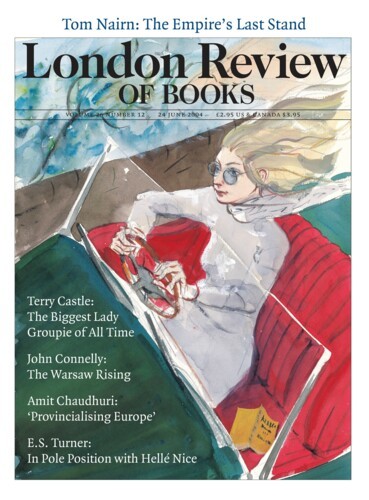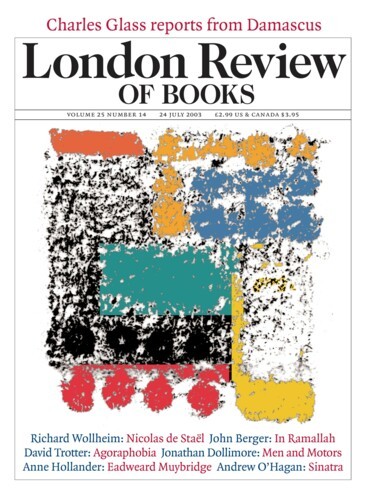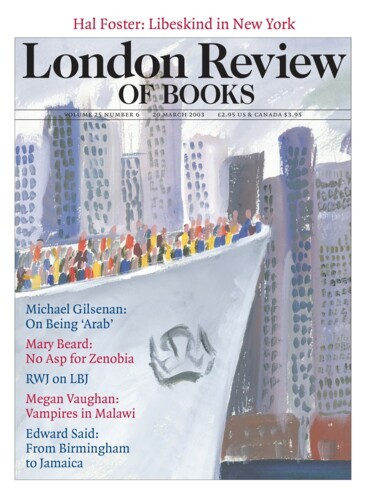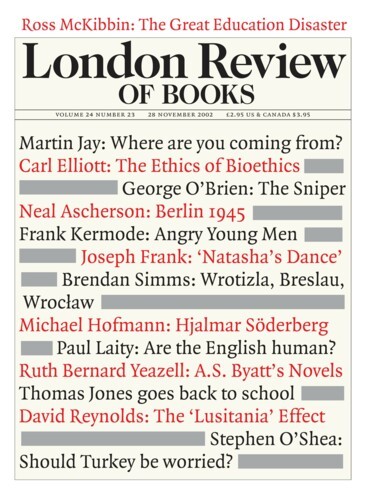Poem: ‘Omens’
Robert Crawford, 19 August 2004
after the Gaelic of the ‘Carmina Gadelica’
Monday at 6 a.m. I heard a lamb,
And then, while I sat by, A snipe’s kid-cry.
I saw the cuckoo, grey as slate Before I ate.
On Tuesday, late, A slimy flagstone shone Where snails had gone,
And the wheatear, like Ash off a dyke,
Flapped where the old mare’s black Foal stumbled and turned its back.
I sensed right there, Right...
